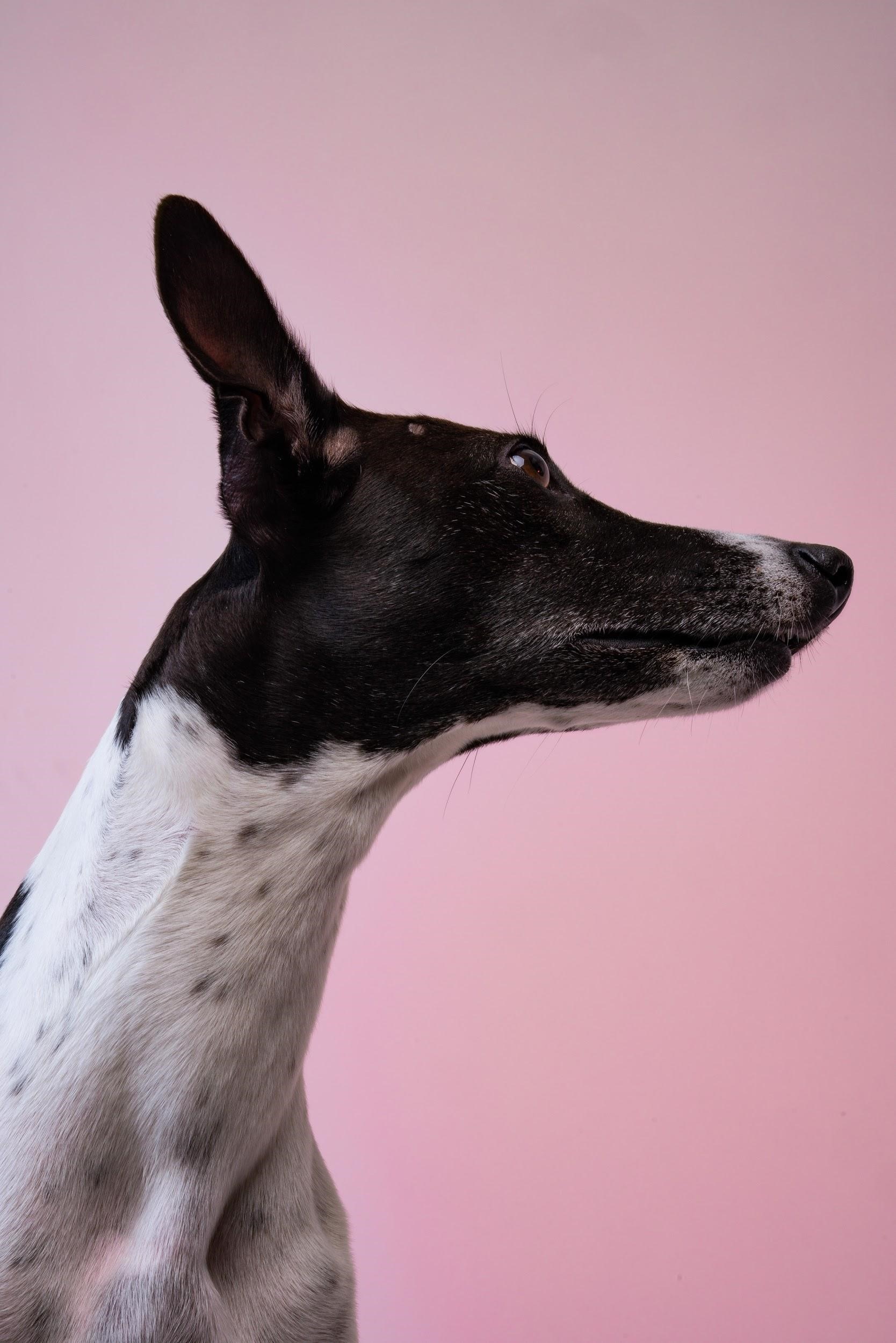It’s an indisputable fact- kids love dogs! Honestly, what child could resist that warm, fuzzy teddy bear come to life (especially breeds that look exactly like stuffed teddy bears, like the Shiba Inu)? Thanks to their intelligence, trainability and the companionship they offer, it’s hard to argue with anything less than such a devoted companion to our children.
Top Family Dogs
Labradors & Golden Retrievers are both very intelligent and highly sociable animals, great for families (Labradors are actually the #1 most popular breed in America). The standard Poodle is believed to be the second most intelligent breed on Earth, right behind Border Collies. Combine them into a mix, and you’ve got some of the most family-oriented doggos around! Many reputable breeders that have been specializing in mix breeds such as Power Goldendoodles confirm that the Goldendoodle breed is a favorite choice of many families with great success.
Characteristics to Look For:
- Scalability
- Intelligence
- Affectionate
- Kid & Dog-friendly
- High Trainability
- Low Prey Drive (tendency to bolt) is ideal in a city setting around busy roads.
Check It Out!
Thanks to illegal dog fighting and overwhelming negative media attention, the American Pitbull Terrier is one of the most feared and misunderstood dog breeds out there. In reality, these famous dogs were intentionally bred for their loyalty to humans, and have a very high pain threshold (gladly willing to cope with children). The closely related American Staffordshire Terrier is ranked in the high 90 percentile with families and children by the American Kennel Club!
Despite their muscular, intimidating appearance, the American Bully was developed in Europe to be the ideal family companion and is one of the few breeds that exist possibly more sociable than Pitbulls!
Believe it or Not: The AKC advises against using Pitbulls for guard dogs due to their friendly nature and likelihood to greet invaders rather than warn homeowners!
Caution: Small & Toy Breeds
Not a dog lover on earth can deny the incredible cuteness and companionship our small friends have to offer! There are thousands of small breeds out there even today that need homes just as much as any other dog, and they all have wonderful personalities to bring to the table.
Small dogs, especially popular breeds like Italian Greyhounds, Chihuahuas or Dachshunds, though they may seem a fantastic companion for your young child, are delicate and easily injured. For this reason, many experts advise against raising toy breeds around young kids.
Unlike some other, larger breeds, smaller dogs probably won’t appreciate the constant hugging or poking and prodding children offer. For example, Dachshunds are especially prone to back injuries and care needs to be taken with their handling. Aggression due to rough play or injury is a possibility no parent wants their child to encounter.
- According to the American Kennel Club, the vast majority of dog bites occur in non-neutered males. It’s a good idea to make sure your dog is fixed!
The Question of Responsibility
Parents often adopt dogs in an attempt to teach their kids to be responsible, only requiring their childcare completely for the pet. Unfortunately, young children have not been forced to endure the rigors of adulthood, are nowhere near as mature, and simply lack the ability to show complete responsibility for another living creature.
Parents should always assume they will be responsible for the pet at the end, not their children. After all, no good mother would leave her child alone to care for a toddler, trusting they will always feed, clothe and change the tiny human without fail, so why would they do this to a dog? Countless pets have been sheltered when the child inevitably proves the task is too much to handle, not only unfair to the child but bearing both traumatic and life-altering effects to the dog.
Conclusion
Not all dog breeds you like are suitable for your family, especially when you have kids in the house. Before you make any experiments, it is better to be completely aware of what your family type is and which dog will be a better part of your family. Haste and lack of information will only add more trouble to you in training the dog and maintaining a balanced relationship between family and pets.

